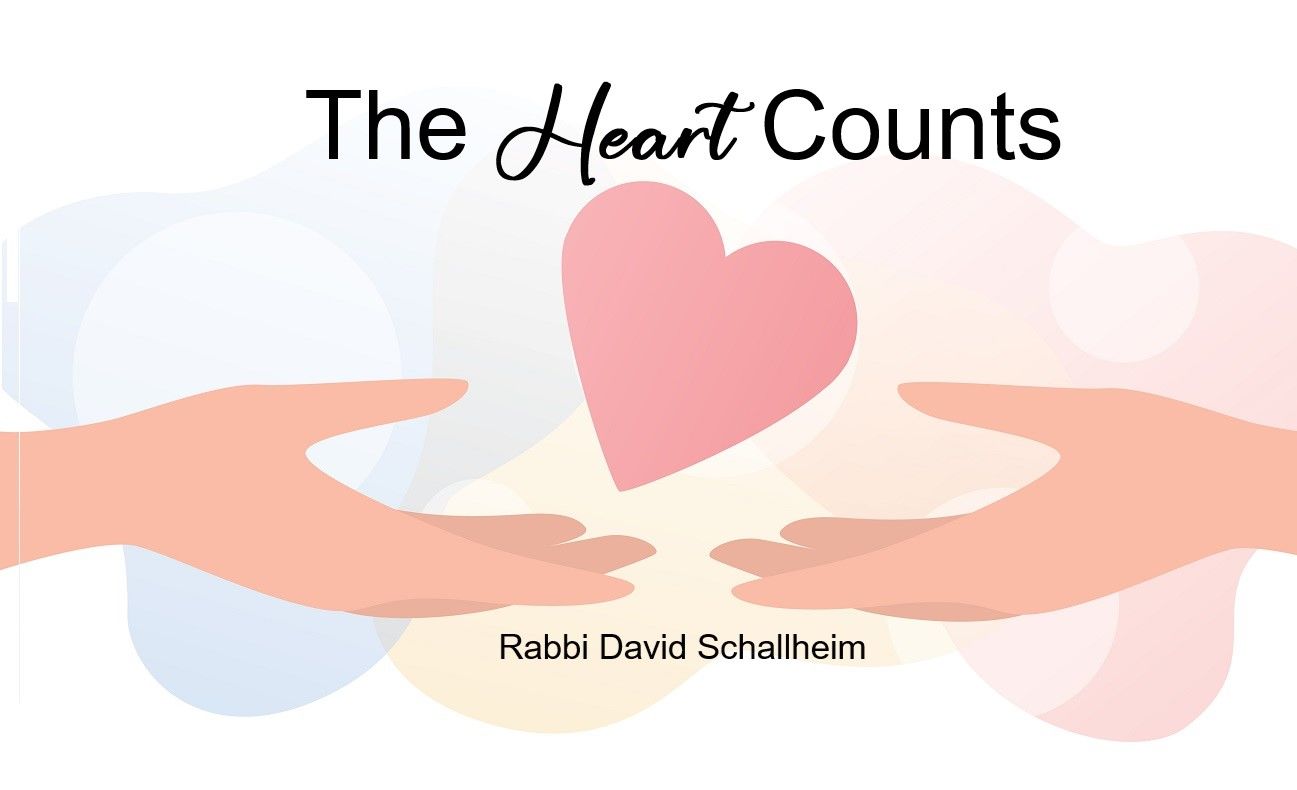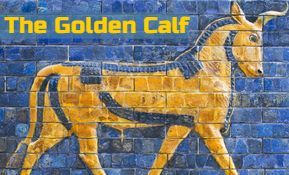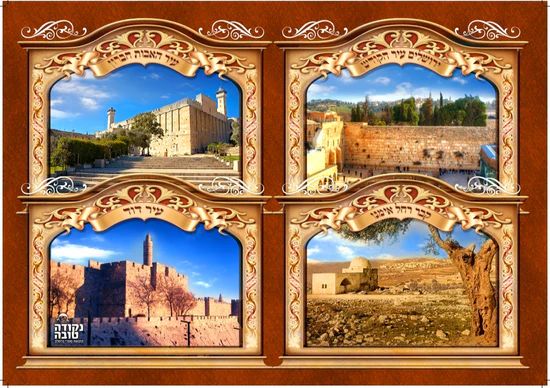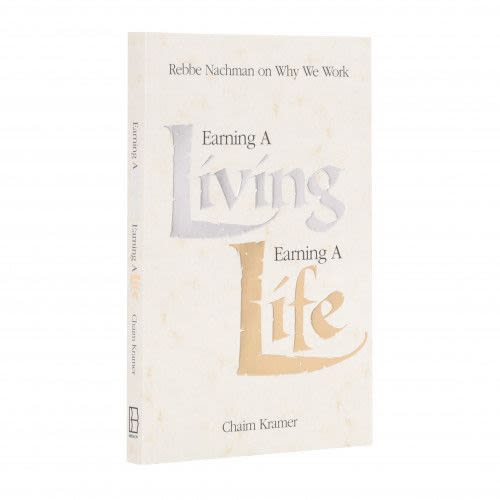
Vayechi: Make the Sun Shine
There is no magic pill to keep our spirits high; it means working on our inner world to "make the sun shine." Simply put: Smile!

Smile!
When Yaakov (Jacob) blessed Yehuda (Judah) in this week’s Parsha, he said, “Red eyed from wine, and white toothed from milk” (Bereishit 49:12).
Our Sages learned the value of a smile from this verse. Rabbi Yochanan (Ketuvot 111b) explains that the verse “white toothed from milk” refers to the white teeth shown in a smile, which is “from milk,” i.e. better than milk, because “it is preferable to smile at one’s fellow than to pour him a glass of milk.”
The Alter of Slabodka described the following scenario to his students. Imagine you’re walking down a hot, dusty street in the boiling midday sun, and notice a large crowd clustered around a sidewalk vender. The man has an enormous refrigerated tank of milk and is handing out free glasses of ice-cold milk to the people passing by. What a kindness!
Yet the Sages tell us that when we walk down the street, radiating a sincere smile to the people around us, we’re doing an even greater kindness! It has to be a genuine smile that reveals our love for our fellow human beings. This is a precious gift; let’s not deny it to our friends and loved ones.
Underlying the pearls of a broad smile lies an even broader concept, which can change the way we view our situation in the world.
“Rabbi Mesaiya ben Charash said: Precede every one you meet with a greeting of shalom (peace)” (Pirkei Avot/Ethics of our Fathers 4:15). Someone who returns a greeting from his friend is fulfilling the precept of derech eretz – good manners. When we precede him in a greeting, however, we’re making the sun shine for him. The Torah wants us to know that every one we meet is anticipating that we should make the sun shine for him.
The Torah describes how Moshe (Moses) separated three cities in trans-Jordan to the east (literally mizracha shemesh – the direction of the “shining of the sun,” or sunrise) and established them as cities of refuge, for people sent into exile for major crimes, including men who had committed unintentional murder. After Moshe separated the cities, God praised him, stating, “You have made the sun shine for sinners, rebels and even murderers!” (Makkot 10a).
Rabbi Shlomo Wolbe (Alei Shur, pg. 190-2) points out that the commandment to establish cities of refuge cities was the last commandment that Moshe fulfilled prior to his death. Why?
Before leaving this world, Moshe expended enormous effort to fulfill this commandment, so that he could "make the sun shine" for the unfortunate ones who had gone off the path of Torah – the thieves, the sinners and even the murderers. He showed his empathy by establishing a place of refuge for them, where they could find shelter after being sentenced into exile.
Make the Sun Shine
But Moshe was a pro at showing empathy. He began his ‘career’ with empathy for the suffering of his fellow Jews – “And he saw their suffering” (Shemot/Exodus 2:11) – and finished with the desire to benefit even the most unfortunate – “you have made the sun shine.”
This incident, says Rav Wolbe, teaches us a fundamental concept with mitzvot in general as well as with interpersonal relationships. We have to “make the sun shine” for others with our shining countenance.
“O God of Legions, return us, and illuminate Your face that we may be saved” (Tehillim/Psalms 80:8). “Rabbi Yochanan said: The only thing we have from God is His countenance, but that is sufficient for us, as the verse says: ‘Illuminate Your face that we may be saved.’” (Yalkut, Tehillim 80).
That means that the only thing we have from our Creator is the illumination of His face, which means His warmth, His love and His mercy. Rabbi Wolbe points out that this is the same Rabbi Yochanan who said: “It is preferable to smile at one’s fellow than to pour him a glass of milk.” Just as we need God’s love and warmth, so too, people need the warmth reflected through another’s smile.
Even the smallest infant can distinguish between a frown and a smile. Smile at a baby, he’ll squeal in delight. Look at him crossly, though, and he’ll burst into tears. What is more essential to a child, nutrition or a smiling face, communicating warmth and love? Although children’s physical needs must be met, a child raised in a cold, cheerless environment is similar to a plant that never sees the sunshine. It can never be healthy.
Begin Now!
Everyone, however, is waiting for the other to begin smiling! A student waits for his teacher to smile. The teacher, however, is waiting his students’ faces light up with recognition. Children thrive on their parents’ love and warmth, while parents are starving to see the ‘sunshine’ in the faces of their children. On one hand, we hunger for warmth, while at the same time, we are empowered with the ability to bestow warmth and cheer upon others.
Sometimes we live together, side by side, unable to find a way to communicate. Sometimes we find ourselves embittered with our friends and neighbors over some unfortunate misunderstanding. What lies at the root of the matter? We’re always waiting for the other side to start, to make the first move to bring us together, and maybe we’ll wait forever…
The teacher is waiting for the student to ask questions on the material. The student is waiting for the teacher to reach out to him. The parents are waiting for their teenager to share his problems and doubts with them, to involve them in his struggles. The son is waiting to see if they’re really interested, if they really care. In the meantime the two sides move further apart. Each one thinks the other side has their reasons for being distant – but there is no reason at all! The only thing missing is a piece of wisdom, the knowledge that we have to make the sun shine with warmth and cheerfulness for others!
Our Sages encapsulated this deep and awesome piece of wisdom in a pithy recommendation for action:
“Precede every one you meet with a greeting of shalom (peace).”
But don’t think this is a light matter! “Rabbi Avraham Grodzhinsky, the primary student of the Alter of Slabodka, spent two years developing a cheerful countenance. Everyone who saw him was amazed at how deeply he had acquired this trait. Even in the bitter days of the Ghetto, he remained cheerful, while mourning secretly” (Introduction to the Torat Avraham, pg. 11).
This was the way the great leaders of Torah and Mussar developed their character.
When Shlomo Hamelech (King Solomon) was deposed from the throne, he had to beg to survive. In the course of his rounds, he met two individuals. The first one invited him to be his guest and then proceeded to slaughter an entire ox to honor him. (Yalkut, Mishlei 15)
While they were eating, the host reminded Shlomo Hamelech that he had once been the King. This made Shlomo Hamelech so depressed that he lost his appetite.
The following day Shlomo Hamelech met the second individual, who also invited him home for a meal. The host was a poor man, and could only offer him vegetables. As they were eating, the host consoled Shomo Hamelech on his loss and tried to encourage him, saying, “God has sworn to your father (King David) that his progeny will never cease from the throne. God’s way is that He may rebuke a man, for ‘the one He loves He will chastise.’ But do not be sad about it, for God will certainly restore you to the throne.”
Shlomo Hamelech was so overjoyed at these simple words of encouragement that he felt satiated even before they began eating! He remarked that the simple meal of vegetables was much better than the beef banquet served to him the previous day: “Better a repast of vegetables where there is love, than a fattened ox where there is hatred” (Mishlei/Proverbs 15:17).
We should do our utmost to be happy and cheerful (for our own sake as well as for the sake of those around us). There is no magic pill to keep our spirits high; it means working on our inner world to "make the sun shine." Simply put: Smile!












Tell us what you think!
Thank you for your comment!
It will be published after approval by the Editor.